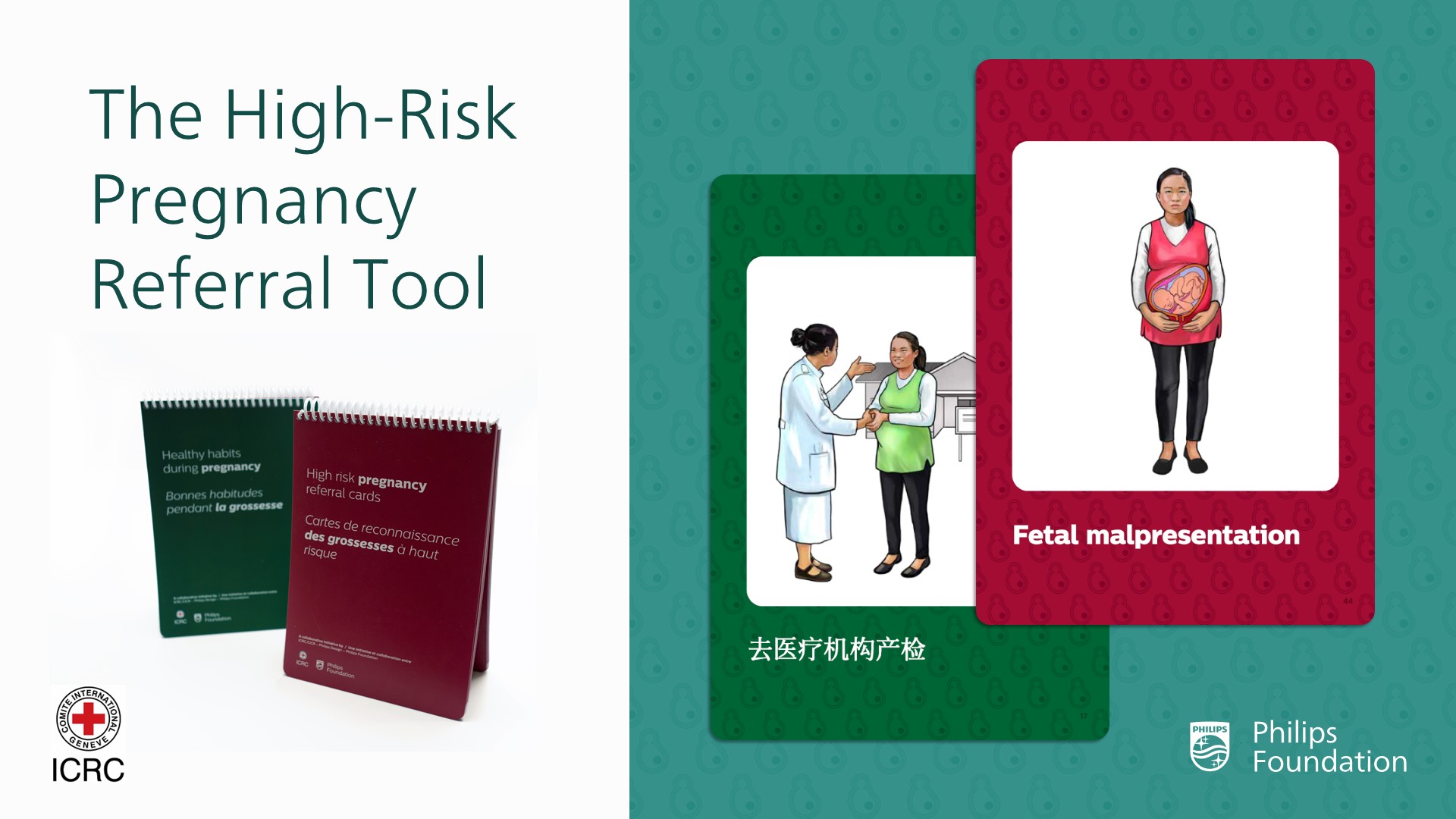In the bustling cities of China, healthcare has progressed leaps and bounds. But beyond the city limits, in the more remote and rural corners of this vast country, healthcare access and quality are a different story [1]. Particularly when it comes to newborns. In 2021, China's rural neonatal mortality rate (3.6%) was nearly double that of urban areas (1.9%) [2]. The heartbreaking reality is that most of these deaths could have been prevented.
The primary causes of these preventable deaths are preterm birth, complications during birth, and pneumonia [3]. If we can effectively address these issues, we can make a real dent in the mortality rates of newborns in rural areas.
Focusing on enhancing healthcare services in rural regions is essential to tackle this challenge. This means we need to strengthen healthcare systems, ensure healthcare workers have the skills they need, and get the community involved and aware. However, achieving these targets requires imaginative strategies, especially considering geographical and socioeconomic barriers in rural settings.
An example of an imaginative approach is the deployment of high-risk pregnancy referral cards, developed by Philips Foundation, Philips, and the International Committee of the Red Cross (ICRC). Initially introduced in sub-Saharan Africa, these easy-to-understand referral cards aim to guide and change behavior related to pregnancy. They help ensure that expectant mothers can easily identify symptoms of high-risk pregnancies and swiftly seek care when complications show up, thereby helping to prevent health complications for both the mother and baby.
Deployment in rural Chinese communities
This innovative and award-winning tool has recently been introduced in rural China, thanks to a partnership between Philips Foundation and the Chinese Red Cross Foundation. Considering the high number of preventable deaths – the proportion of preventable neonatal deaths in rural areas accounted for 74.6% of total neonatal deaths in 2018 when compared to urban areas [3] – these cards have the potential to make a difference. They empower health workers, educate communities, and save lives, paving the way for improved maternal healthcare in rural areas.
The visual cards work as guides, pointing out when to seek treatment in a healthcare facility, when complications are about to arise. As they are developed with the local Red Cross, the cards accurately represent the community and communicate in a simple and visual way, to help identify pregnancy risks and act on them promptly.
Moreover, the visual nature of these cards also empowers community health workers. By facilitating understanding between health workers and expectant mothers, these cards allow pregnant women to grasp the reasons behind certain healthcare decisions. It encourages women to seek the necessary help, ensuring they aren’t merely recipients of healthcare instructions but active participants in protecting their health and their babies.
Margot Cooijmans, Director of the Philips Foundation, believes in the potential of these cards. “Launching these illustrated cards in China to raise awareness around healthy habits as well as early detection of risks during pregnancies is a leap forward in tackling neonatal mortality in rural areas,” she says. “These simple tools can make a significant impact on healthcare outcomes in regions where resources are scarce.”
But the success of the cards isn't just about distribution – it's about truly integrating them into the existing healthcare system and getting local communities to use them. “In this collaboration, we're not just handing out cards,” adds Margot, “we're working towards giving every newborn, regardless of where they are born, a fair start of life and keeping mothers safe.”








